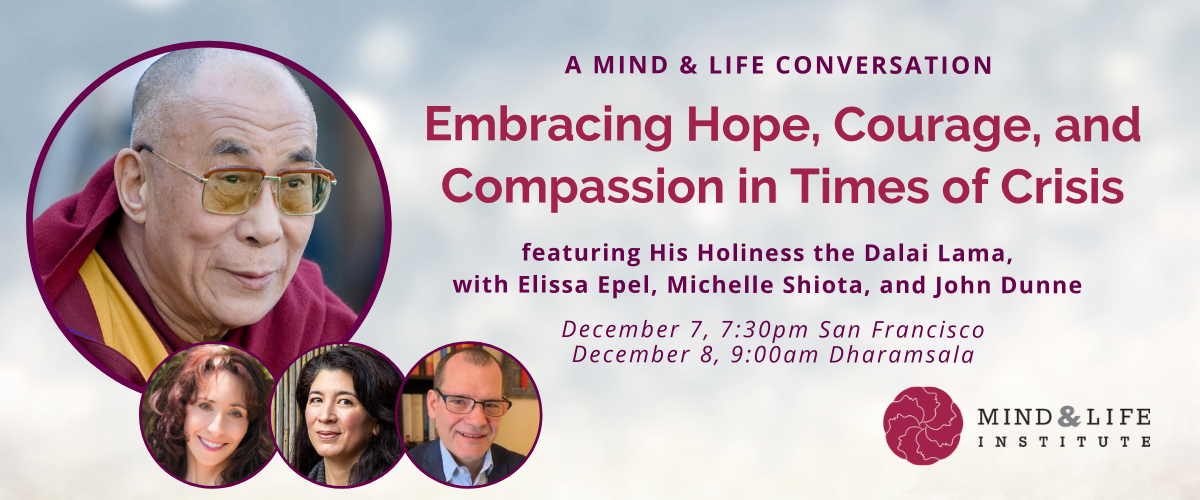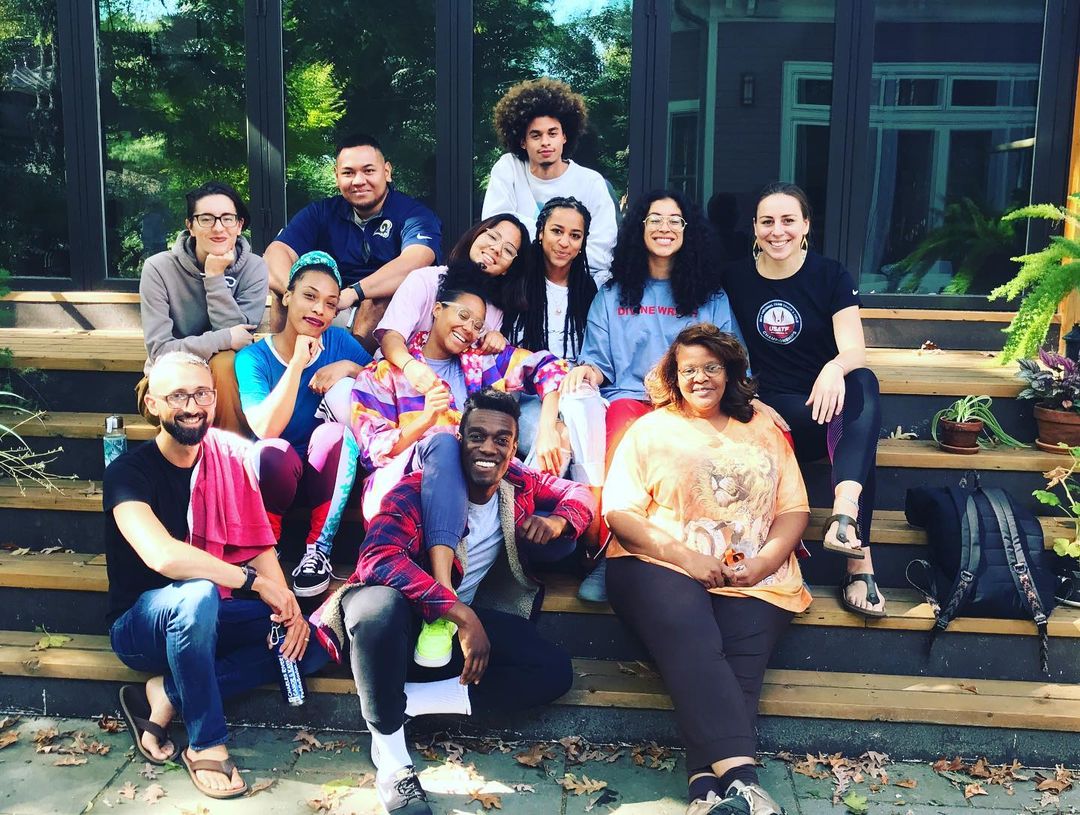Carl Rogers once said, “a high degree of empathy in a relationship is possibly the most potent and certainly one of the most potent factors in bringing about change”. Mental health counselors need empathy, compassion, and prosociality to provide quality care and reduce the unacceptably high rate of health disparities for Black, Indigenous and People …
Topic Archives:
2021 Mind & Life Conversation
Our December 2021 conversation with the Dalai Lama features Elissa Epel, Michelle Shiota, and John Dunne. The program asks: What is the role of activating hope in pursuing a positive vision of the future? Can action come with a heavy heart, and before we have a clear vision of the radical changes needed? How can we cultivate joy amidst adversity?
Inspiring Minds – November 2021
Our November conversation features Eric Garland and Durga Leela, with musician Geoffrey Menin. They discuss mindfulness and embodied practices for holistic healing.
Community Suicide Prevention Project for Goma, Democratic Republic of the Congo (DRC)
The DRC in general and the city of Goma in particular, with a majority population that is poor and unemployed, is caught in endless cycles of wars, and the calamity of armed conflicts. This constant exposure to trauma predisposes many to severe psychological distress. Given this level of trauma exposure we expect higher rates of …
Grant Jones: Showing Up Fully Through Music and Mindfulness
“Music is my first spiritual practice,” says Grant Jones, a musician, activist, contemplative researcher, and the newest member of Mind & Life’s Steering Council. And while the overlap between his music and meditation started as a slow crescendo, now the connection is more explicit. His new collection of songs, “Constellations,” recently released on Spotify, touches …
Continue reading “Grant Jones: Showing Up Fully Through Music and Mindfulness”
Roshi Joan Halifax – Integrity & Moral Suffering in Relation to the Climate Catastrophe and Health
“Integrity and Moral Suffering in Relation to the Climate Catastrophe and Health” with Roshi Joan Halifax. Roshi Joan will speak to some of the psychosocial effects of climate change and the role of moral suffering and integrity as we address health issues related to the climate catastrophe. She will briefly explore four valences of moral …
Mindfulness, Co-benefits, and Behavioral Eco-Wellness
The field of behavioral eco-wellness investigates the choices, behaviors, and habits that contribute to both personal health and environmental sustainability. Eco-wellness can be defined as “living life to maximize health, happiness, and environmental sustainability.” Fortunately, many of the same behaviors that bring mental and physical health also support ecological health (co-benefits). For example, walking or …
Continue reading “Mindfulness, Co-benefits, and Behavioral Eco-Wellness”
Integrity and Moral Suffering in Relation to the Climate Catastrophe and Health
Roshi Joan will speak to some of the psychosocial effects of climate change and the role of moral suffering and integrity as we address health issues related to the climate catastrophe. She will briefly explore four valences of moral suffering, and then unfold some of the deep health issues related to our climate catastrophe. She …
Continue reading “Integrity and Moral Suffering in Relation to the Climate Catastrophe and Health”
Keynote and Q&A: “Understanding Human Thought Through Dynamic Brain Systems”
Mind-wandering has recently come to occupy a central position in cognitive psychology and neuroscience. Most theories and research so far have examined it in terms of task-unrelated or stimulus-independent mental contents that occur at particular moments of time. A defining feature of mind-wandering, however, are its dynamics: how thought moves over time. In this talk, …
Continue reading “Keynote and Q&A: “Understanding Human Thought Through Dynamic Brain Systems””
Coping with Loneliness & Stress: The Role of Mindful Acceptance
Even before the coronavirus hit, the United States was considered one of the most stressed out countries in the world. Fear and anxiety brought on by the pandemic has only exacerbated the problem, with 8 out of 10 adults citing the pandemic as a significant source of stress in their lives. Researchers have been studying …
Continue reading “Coping with Loneliness & Stress: The Role of Mindful Acceptance”





